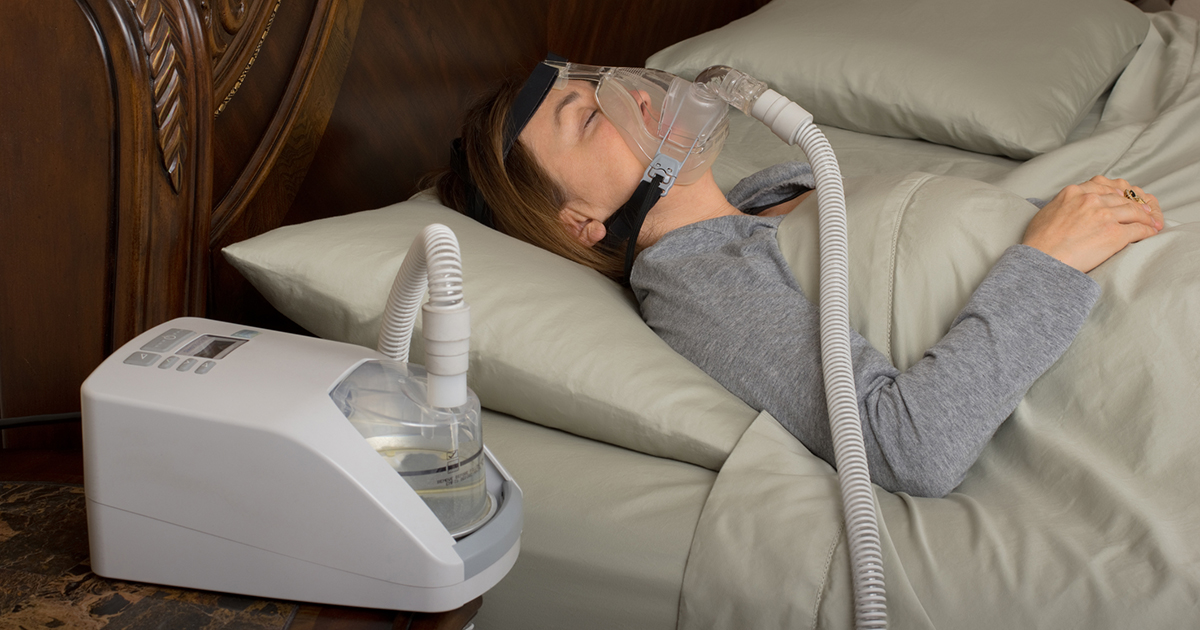Causes Of Hypersomnia
Hypersomnia may not be the most commonly talked about sleep disorder, but it affects thousands of individuals. Those who have hypersomnia suffer from an excessive amount of sleepiness. Some patients with hypersomnia have trouble staying awake even during things like working or driving. Others may sleep for hours without waking up. Treating hypersomnia may be difficult because treatment often relies on finding and addressing the underlying cause of the sleep disorder. Hypersomnia still is not fully understood, but doctors have found certain conditions and lifestyles can cause the problem to develop. If you have hypersomnia, it may be caused by one or more of these problems.
Sleep Deprivation

Hypersomnia is not always a chronic condition caused by some dangerous health problem. It can be a situational issue that only occurs occasionally as a response to sleep deprivation. If you severely deprive your body of sleep, you might find you end up with hypersomnia in the days following the lack of sleep. Either partial or total deprivation can cause hypersomnia. Those with partial deprivation are individuals who just get too little sleep for several days in a row. Continuously getting less than seven or six hours a night may end up causing a bout of hypersomnia. Severe, total deprivation is even more likely to cause hypersomnia. This is a type of sleep deprivation that involves being awake for more than twenty-four hours at a time. Even this short of deprivation can result in hypersomnia, and it is particularly likely after seventy-two hours without sleep. In general, you should never go without sleep for more than thirty-six hours.
Continue reading to learn more about the potential causes of hypersomnia.
Narcolepsy

This condition is frequently confused for hypersomnia because both conditions cause individuals to feel sleepy. However, hypersomnia itself is merely a symptom of the main condition. Individuals with narcolepsy have imbalanced levels of hypocretin, which is a neurochemical used to regulate rapid eye movement (REM) sleep. Instead of sleeping in a normal cycle that transitions from shallow sleep to deep sleep, individuals with this condition can suddenly enter REM sleep. In addition to falling asleep at any time, they may also suddenly lose muscle function, experience sleep paralysis, or have restless leg syndrome.
Keep going to get to know more possible causes of hypersomnia.
Head Injury

Sleep is a very complex process governed by a variety of factors, but one of the main things controlling sleep is the brain. Because the brain has such a huge role in regulating when we feel sleepy, any head injury can be a cause of hypersomnia. Keep in mind the types of injuries that cause hypersomnia do not have to be very severe or potentially life-threatening injuries. Instead, some individuals can develop hypersomnia following a simple bump on the head or a mild concussion. Hypersomnia caused by an injury to a head can be a little challenging to treat because it is not possible to fix a damaged portion of the brain automatically. Instead, this type of injury requires more of a wait and see approach. As the swelling goes down and the brain heals itself, the hypersomnia may go away on its own.
Continue to discover more about what may cause hypersomnia.
Sleep Apnea

Hypersomnia itself is a sleep disorder, but it can actually be caused by another type of disordered sleeping. Individuals who have sleep apnea have their breathing repeatedly stop and restart while they are sleeping. Often, individuals who have apnea are completely unaware of the issue. They might have a partner tell them they snore excessively, or they might find their throat is dry in the morning. However, when their breathing halts at night, they do not wake up enough to recognize this. Apnea might sound harmless, but the issue is it does interrupt sleep enough to keep the body from getting an adequate amount of time in the deeper part of the sleep cycles. This means that it greatly impairs the quality of sleep. Individuals who have sleep apnea may end up sleeping for hours to make up for the lack of quality sleep, and they often still feel tired the next day.
Uncover the next cause of hypersomnia now.
Being Overweight

Being overweight can contribute to hypersomnia through a variety of causes. When an individual is obese, they are more likely to suffer from apnea during sleep, which is another cause of hypersomnia. The extra weight put on their lungs and airways while they are sleeping can cause the stopping and starting breath that so greatly damages sleep quality. Obese individuals are also more likely to have diabetes and other health problems that can impair their quality of sleep. Even overweight individuals who do not have any other health disorders still have a higher risk of developing hypersomnia. Obesity can cause hypersomnia because it affects the hormones throughout the body. When these chemicals get imbalanced, the hormones that regulate the sleeping and waking cycle may become confused.
